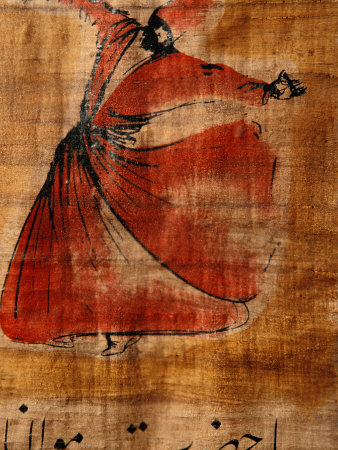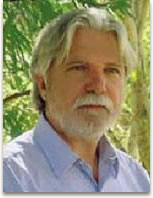Alienation and Faith
There was once a time, perhaps, when people felt themselves to be part of a cosmic order which offered a straight path to salvation, truth, or enlightenment. In that time before spiritual truth was relativized, God's love and mercy was extended to anyone, no matter what his or her circumstances, who fulfilled the necessary moral and religious duties. Almost every person could find in his or her own humanness the pre-condition of hope.






